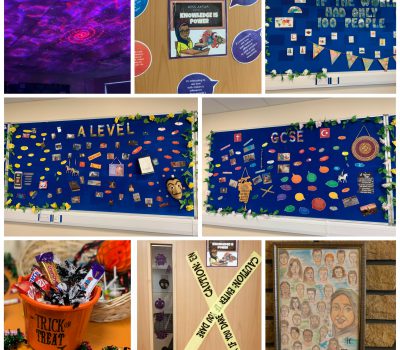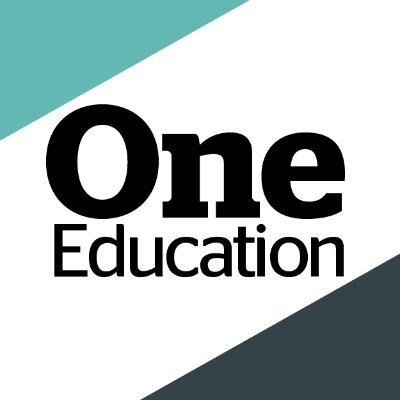


Our team sorts through all blog submissions to place them in the categories they fit the most - meaning it's never been simpler to gain advice and new knowledge for topics most important for you. This is why we have created this straight-forward guide to help you navigate our system.


And there you have it! Now your collection of blogs are catered to your chosen topics and are ready for you to explore. Plus, if you frequently return to the same categories you can bookmark your current URL and we will save your choices on return. Happy Reading!
Learning is so much more successful when it’s engaging. Lois recalls how she and Nicholas made a breakthrough with his dyslexia. The breakthrough came when they began having more fun.

I have three sons, and if you asked to see one of their report cards from the second grade, I’d show it to you. I have boxes for everything—school awards, teacher evaluations, birthday cards. When recently looking through my son Nicholas’s (LINK to first Nexus blog on Nicholas) documents, I found a newspaper article from October 1994. The title: New Word Order by Dr. John Irvine. The tagline: By making reading fun, children will be drawn into the wonderful world of words.
This article—and more so, this particular line—was the instigator for helping Nicholas with his learning difficulties. I’d forgotten all about it.
Dr. Irvine writes, “Children who have a language difficulty also have a reading difficulty…The best answer to poor readers is good teachers on the job early enough to beat brain shut down. Parents should be those good teachers.”
Twenty-four years later, I still find his advice timeless and so powerful.
As a reading specialist who has taught struggling learners for more than two decades, I have quickly learned that my students become much more engaged when they can be a part of a fun, interactive lesson. Fun calls for active learners.
What, or who, is an active learner? According to Richard Felder and Rebecca Brent’s book Teaching and Learning STEM (2016), an active learner is an engaged learner. These students:
Skilled readers are active readers, continually questioning, creating images in their minds, and problem solving. Unskilled readers, or those who continue to struggle with learning to read, are passive learners.
Often exposed to the poorest instruction, these students sit in class, unable to move forward with learning. They repeat the requested words, phrases, or sentences from their teachers with little comprehension.
In 1995, I had the opportunity to teach Nicholas one-on-one, outside of the traditional school setting. At first, we started with a collection of books called Success for All. It didn’t work. Despite Nicholas’s best efforts, these lessons created a passive learner and one frustrated teacher: me.
Instead, I decided to try teaching in a more engaged, active way: writing simple, rhyming poetry. This small step forever changed both our lives. The poetry I wrote, and which we recited together, was the first time Nicholas tapped into his curiosity.
He became an active learner.
When I teach children who struggle, I follow the advice my mother-in-law once gave me: “Make learning fun.” Her words were the same as Dr. John Irvine. By making reading fun, children will be drawn into the wonderful world of words.
Since that first lesson in poetry, I have created many ways to keep learning fun. In return, my students become active and engaged learners. And, most importantly, they learn to read.

The author

Read more

Read more

Read more

Read more

Read more

Read more

Read more

Read more


Are you looking for solutions? Let us help fund them! Nexus Education is a community of over 11,000 schools that come together to share best practise, ideas and CPD via online channels and free to attend events. Nexus also offers funding to all school groups in the UK via nexus-education.com


Established in 2011, One Education is a company at the heart of the education world, supporting over 600 schools and academies. Our unique appeal as a provider is in the breadth and synergy of the services we offer, supporting school leaders, teachers and support staff to achieve the best possible outcomes for their pupils and staff.

School Space is a social enterprise that has empowered schools for over 12 years through their profitable and hassle-free lettings services. So far, they’ve generated over £5 million in revenue for education, helping to connect over 200 schools with their local communities.





